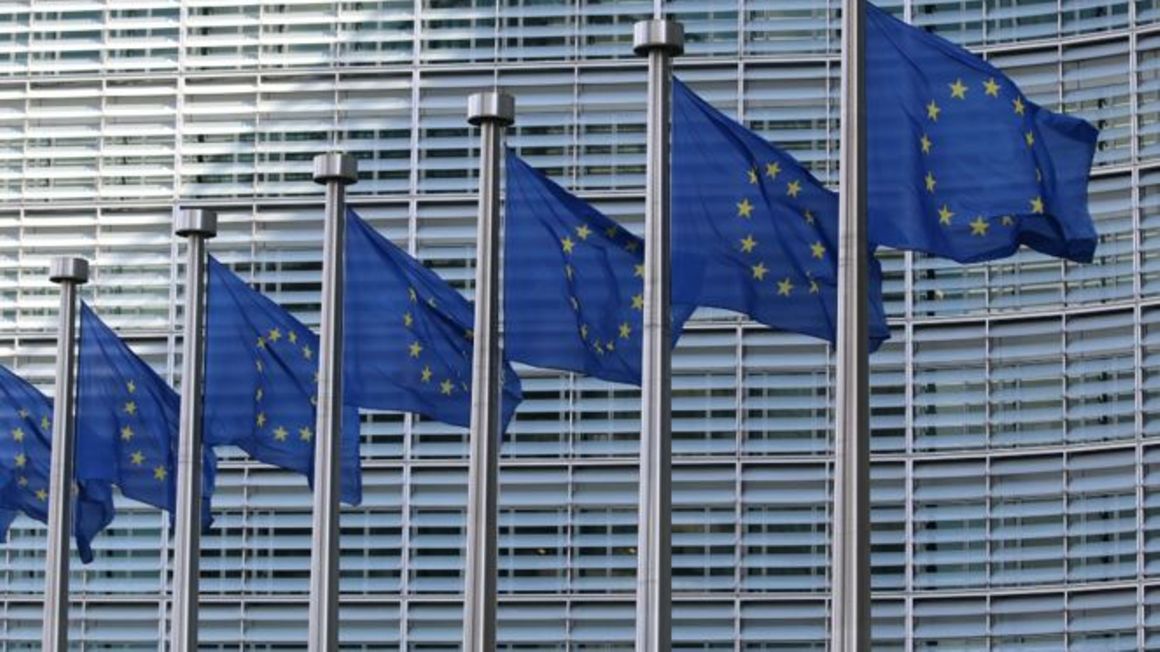
Photo by Guillaume Périgois on Unsplash
Some are calling it a perfect storm. The dual impact of the worst pandemic in a century combined with the economic shock of Brexit has meant that the UK has posted the worst financial figures among major economies in 2020.
Yet it’s not just the fiscal effect of the last year that is giving foreign residents there a headache. New measures introduced to comply with the Exit Agreement drawn up between the UK and the EU are making it difficult for non-UK natives to apply or renew their residencies, with the pandemic exacerbating these difficulties through the strict measures put in place by authorities. It all points to a residency crisis later in the year as applicants struggle to meet the 30th June 2021 deadline
More applications than expected
EU citizens have a six-month grace period after Brexit to register on the system or face becoming ‘unlawful residents’, according to UK law. Yet there are fears that the government don’t know just how many citizens there actually are, with some reports suggesting there could be many more than expected. With time running out, there might be a large number of unregistered EU citizens by the time the deadline rolls around.
The government would then have a huge dilemma on its hands: evicting swathes of people would cause horrendous personal distress and put the UK in an extremely bad light. Yet if they back down from the deadline, then they risk angering Brexit hardliners who want the country to stick rigidly to the proposals set out.
Faced with such a problem, the UK has taken steps, some of which have been controversial. One of these has been offering EU citizens financial incentives to leave the UK via a voluntary returns scheme that pays for their flights as well as up to £2,000 in ‘resettlement money’. The move has attracted criticism in that the government could be paying key workers, such as EU nurses, to leave the country during a national health crisis: in trying to solve one problem, it risks worsening another.
The Covid effect
Those EU citizens who have applied to stay in the UK under the country’s EU Settlement Scheme (EUSS) face an uphill battle thanks to several factors. High on the list is Covid: the logistical problems in shipping over identity documents during the pandemic is hamstringing applications.
International mail can be slow at the best of times, but with increased border controls and depleted mailing staff, some documents are taking months to arrive. Unlike internet application processes which can be done entirely online, such as Know Your Customer controls common in online banks and online casinos, the residency application process requires original paper copies of birth certificates and ID cards. Every day that passes without that all-important parcel arriving is another day closer to a failed application for many foreign-born residents.
Frustrated applicants who have travelled to their native country to get the documents in person have also hit obstacles. First, the huge increase in ‘red tape’ during the pandemic means they’re still waiting for a long time for local authorities there to issue or renew original documents. Secondly, when they do have them, the citizens in question are still faced with the same travel restrictions upon returning to the UK – an often time-consuming and expensive process.
A bias towards ‘digital proof of status’
It’s not just border delays and ‘red tape’ that are threatening applications: EU residents are also nervous about the UK’s reluctance to provide a physical proof of status.
The Windrush scandal exposed the dangers of not having paper documentation after many Caribbean-born residents were deported from the UK, despite the government often not issuing the documents in the first place.
Many fear that a ‘digital’ proof of status is exposed to hacking or manipulation, or simply gross incompetence on the government’s side. The UK, meanwhile, have yet to agree to physical proof, possibly fearing the cost of such an exercise. They may also cite the pandemic as a reason why a digital copy might be ‘cleaner’ and less prone to mail hold-ups.
The formation of the IMA
However, there is a ray of hope for foreign residents. Increasing concern for foreign residents’ rights has led to the formation of a new commission, the Independent Monitoring Authority (IMA) by the Ministry of Justice. The IMA’s main role will be to ensure that EU citizens are treated fairly by the authorities and will act as an ombudsman in the complaints process.
Among their set of tasks will be to arrange a post-deadline plan for those citizens without a residency, as well as pushing the government to provide physical proof of residence for successful applicants. As well as over two million fully settled citizens post Brexit, there are also up to 1.5 million people with ‘pre-settled status’ who need to be upgraded to the full permit.
However, there are fears that such a huge backlog in cases will be too complex for the IMA to solve on time. The ins and outs of some applications can take months – time they just don’t have before the cut-off date.
With the pandemic adding to the chaos, many EU citizens have a mountain to climb before they can declare themselves a fully legal UK resident.




No comments :
Post a Comment